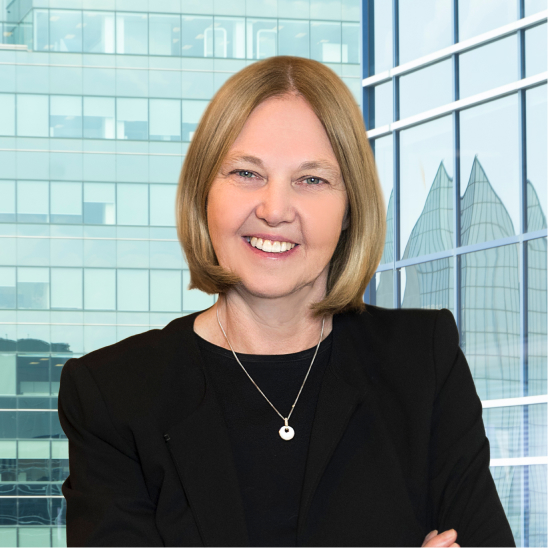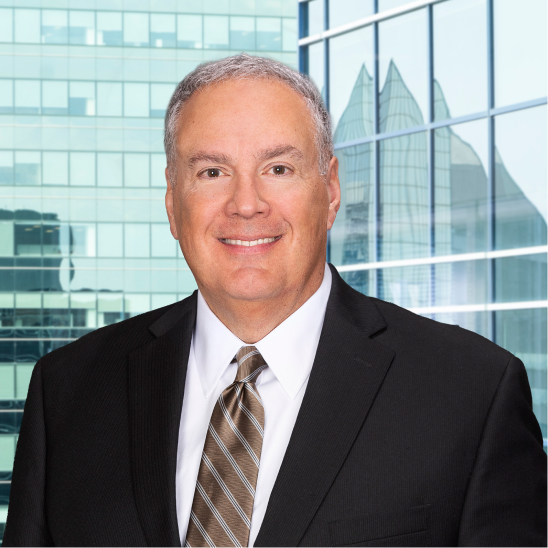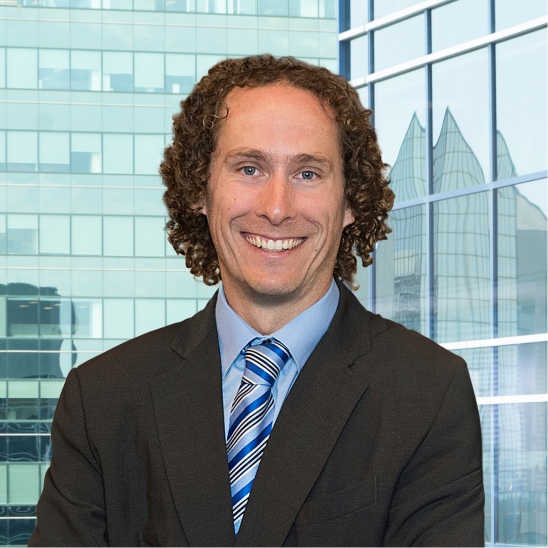Our Legal Services
Represented Adult Applications & Litigation
What happens if you or someone you love loses the ability to make financial or personal decisions, without a power of attorney or personal directive in place that would appoint an individual to make those decisions?
In such cases, Alberta law allows individuals — usually family members — to apply to be the guardian and/or trustee for the “incapacitated” adult. This application is called a represented adult application because the adult who has lost capacity will need representation in making financial and personal decisions.
A guardian and/or trustee is a fiduciary and must always act in the represented adult’s best interests. Usually, the guardian and/or trustee is a close and trusted family member or friend of the represented adult. An individual can make an application in one of two ways:
- by desktop application, when the application is NOT contested
- by hearing, if someone contests the individual’s application, or if the application is made on an urgent or emergency basis.
Guardianship
A guardian makes medical and personal decisions. Common decisions that a guardian makes include decisions about:
- the adult’s health
- where, with whom, and under what conditions the adult is to live, either permanently or temporarily
- the persons with whom the adult may associate
- the adult’s participation in social activities
- the adult’s participation in any education, vocational, or other training
- the adult’s employment
- the carrying on of any legal proceeding that does not relate primarily to the financial matters of the adult
The individual applying to be a guardian must provide a guardianship plan, which contemplates the major decisions the represented adult faces in the next five or six years.
Trusteeship
A trusteeship order appointments someone to make financial decisions on behalf of a represented person.
Our Team
Weir Bowen lawyers have the experience to proceed effectively through all the steps in civil actions.
Whichever lawyer represents you, your case will be supported by the collective knowledge of our entire firm.
Learn MoreINDIGENOUS LAND ACKNOWLEDGEMENT
The lands on which Edmonton sits and the North Saskatchewan River that runs through it have been the sites of natural abundance, ceremony and culture, travel and rest, relationship building, making, and trading for Indigenous peoples since time immemorial. Edmonton is located within Treaty 6 Territory and within the Metis homelands and Metis Nation of Alberta Region 4. We acknowledge this land as the traditional territories of many First Nations such as the Nehiyaw (Cree), Denesuline (Dene), Nakota Sioux (Stoney), Anishinaabe (Saulteaux) and Niitsitapi (Blackfoot).
Weir Bowen acknowledges the many First Nations, Métis and Inuit who have lived in and cared for these lands for generations. We are grateful for the traditional Knowledge Keepers and Elders who are still with us today and those who have gone before us. We make this acknowledgement as an act of reconciliation and gratitude to those whose territory we reside on or are visiting.



